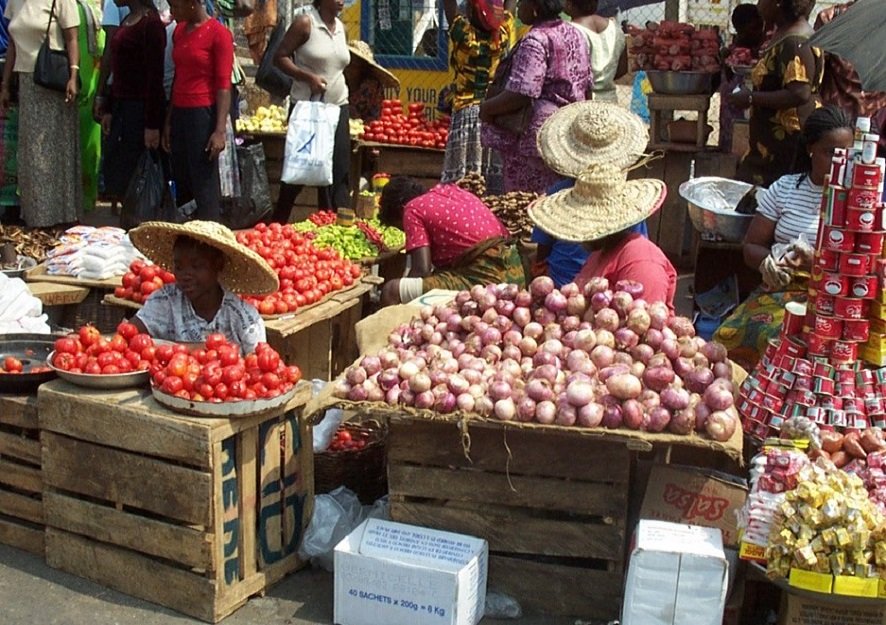Worldwide economies are recovering from a global drop in prices of crude oil and other commodities which have plunged countries into recession. Global financial institutions have projected a positive outlook for 2018 amid rising oil and commodity prices and slowing inflation.
In the sub-Saharan region, growth is expected to rise to 3.2 percent in 2018 and 3.9 percent in 2019, according to the World Bank. The largest economies in the region including Nigeria, South Africa and Angola are expected to recover steadily.
However, Ghana is projected to lead the growth in the region and the world at large according to the World Bank which projects an 8.3% growth, the African Development Bank (AfDB) which projects 8.5, the International Monetary Fund and the Brookings Institution.
The West African country fell drastically from a 14% high in 2011 to its lowest of 3.5% in 2016, according to the AfDB report. Its recovery in 2017 at the back of lower inflation, new oil wells and gas fields and a decrease in fiscal deficit.
Ghana’s president Nana Addo Dankwa Akufo-Addo highlighted the country’s economic growth prospects during Ghana’s 61st independence anniversary celebration in Accra where he pledged to maintain fiscal and debt sustainability.
“The cedi is stabilising, and the fiscal deficit has gone down from 9.3 percent in 2016 to 5.6 percent of Gross Domestic Product in 2017, with a projection of 4.5 percent for 2018. We will continue to manage the economy in a disciplined and sound framework so that we maintain fiscal and debt sustainability.
“This, in the end, is fundamental to moving Beyond Aid. An improving, disciplined macro-economy is essential for expanding the economy, and, thereby, creating jobs,” he said.
The economic outlook is positive for other nations in the sub-region including Côte d’Ivoire which is forecast to expand by 7.2 percent in 2018; Senegal by 6.9 percent; Ethiopia by 8.2 percent; Tanzania by 6.8 percent; and Kenya by 5.5 percent as inflation eases.
The World Bank advised that structural reforms are needed to boost potential growth over the next decade and a decrease in rising government debt levels will contain fiscal deficits and maintain financial stability.










